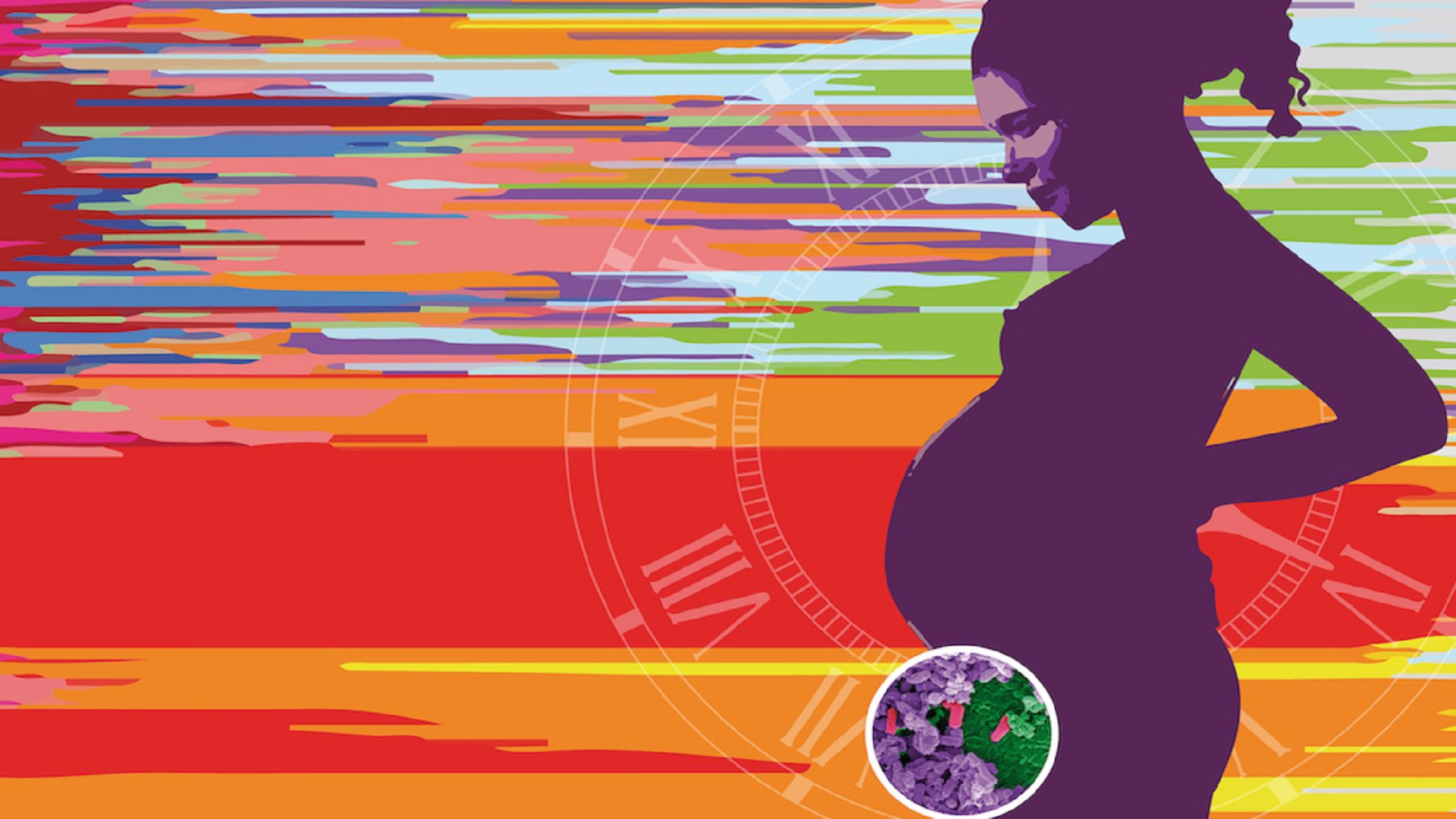Lactic acid bacteria
Until now, it was primarily the gut microbiota that were linked to various health effects – yet as it turns out, the vaginal microbiome is also extremely important to the health of women and their offspring. Healthy women are home to mainly lactic acid bacteria (genus Lactobacillus), relatives of the bacteria used to make yoghurt. These bacteria ensure an acidic environment and by doing so, keep pathogens at bay. Healthy sperm produced by men also carry many kinds of (mostly Lactobacillus) bacteria.
Research into the success rate of IVF (in vitro fertilisation) has shown that the presence of mainly Lactobacillus bacteria increases the chance of becoming pregnant. Studies have also demonstrated that bacterial vaginosis, a condition in which the microbial balance in the vagina is disrupted, occurs more frequently in women with fertility issues.
Passing it on
During pregnancy, the mother passes a portion of her microbiome on to her baby. A healthy microbiome in the mother is therefore quite important, although other factors – such as lifestyle, diet and medical procedures in the first few years of her baby’s life – may also significantly affect the child’s microbiome. A C-section delivery will impact the composition of a baby’s microbial fauna, too. Children born by C-section come into contact with the bacteria found on the mother’s skin, rather than her vaginal and fecal bacteria. This may have considerable health consequences. For instance, multiple studies have found a link between a C-section birth and a heightened risk of obesity and diabetes in the child.
Probiotics
While we continue to learn more about the ways microbes influence our health, it is not yet known whether and how microbes might be used to improve the health of women and their offspring. Although the initial results of trials involving the use of probiotics during pregnancy are encouraging, more research into this subject is needed.
Source: Trends in Microbiology

